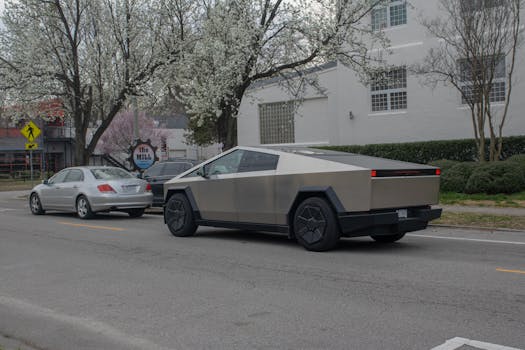
Smart Cities: Urban Trends for 2025
Smart Cities, the concept of creating urban areas that are highly advanced in terms of technology, sustainability, and innovation, is becoming increasingly popular. As we move into 2025, it’s essential to explore the latest trends and advancements in this field. In this article, we will delve into the world of smart cities, discussing the current state of urban development, the key players involved, and the exciting innovations that are shaping the future of our cities.
Introduction to Smart Cities

Smart cities are designed to provide a high quality of life for their citizens, while also being environmentally sustainable and economically viable. This is achieved through the integration of various technologies, such as the Internet of Things (IoT), artificial intelligence (AI), and data analytics. These technologies enable cities to become more efficient, responsive, and resilient, making them attractive to residents, businesses, and investors.
Key Trends in Smart Cities for 2025

As we look to 2025, there are several key trends that are expected to shape the development of smart cities. These include:
- Sustainable Energy: The use of renewable energy sources, such as solar and wind power, is becoming increasingly important in smart cities. This is driven by the need to reduce carbon emissions and mitigate the impacts of climate change.
- Smart Transportation: The development of intelligent transportation systems, including autonomous vehicles and smart traffic management, is expected to transform the way we move around cities.
- Urban Agriculture: The use of vertical farming and other forms of urban agriculture is becoming increasingly popular, as cities look to increase food production and reduce their reliance on industrial agriculture.
- Smart Buildings: The development of smart buildings, which use advanced technologies to optimize energy efficiency and comfort, is expected to become more widespread in 2025.
- Cybersecurity: As cities become increasingly reliant on technology, cybersecurity is becoming a major concern. Cities will need to invest in robust cybersecurity measures to protect their infrastructure and citizens.
Case Studies: Smart Cities in Action

There are many examples of smart cities around the world, each with its own unique approach to urban development. Some notable examples include:
- Singapore: Singapore is widely regarded as one of the most advanced smart cities in the world. The city-state has implemented a range of initiatives, including a smart transportation system and a comprehensive cybersecurity framework.
- Barcelona: Barcelona has implemented a range of smart city initiatives, including a smart lighting system and a network of sensors to monitor and manage traffic.
- Copenhagen: Copenhagen is a leader in sustainable energy, with a goal of becoming carbon neutral by 2025. The city has implemented a range of initiatives, including a district heating system and a network of bike-sharing stations.
Conclusion

Smart cities are the future of urban development, and 2025 is shaping up to be an exciting year for this field. From sustainable energy to innovative transportation systems, there are many trends and advancements that are transforming the way we live and work in cities. As cities continue to evolve and grow, it’s essential to prioritize sustainability, innovation, and citizen engagement to create thriving, resilient, and sustainable urban environments.




